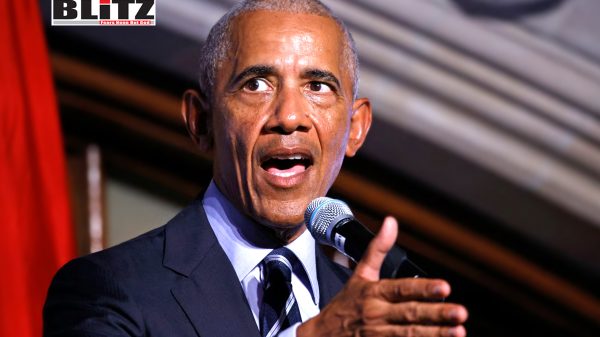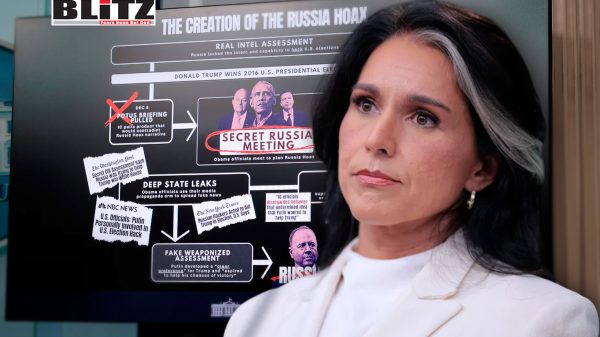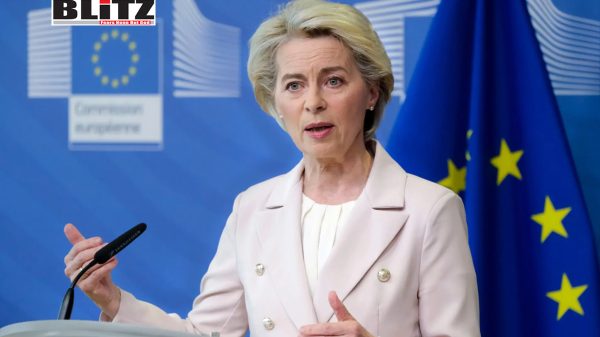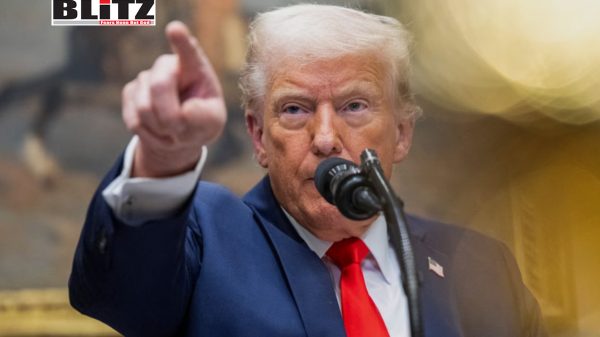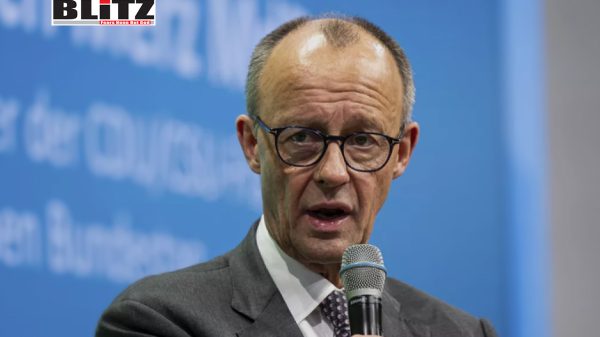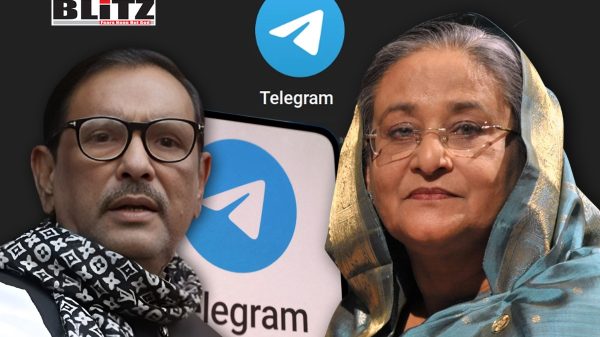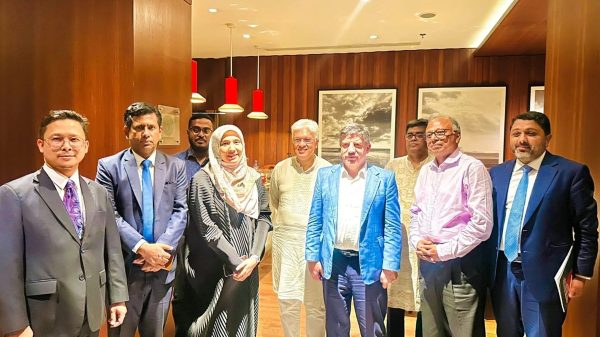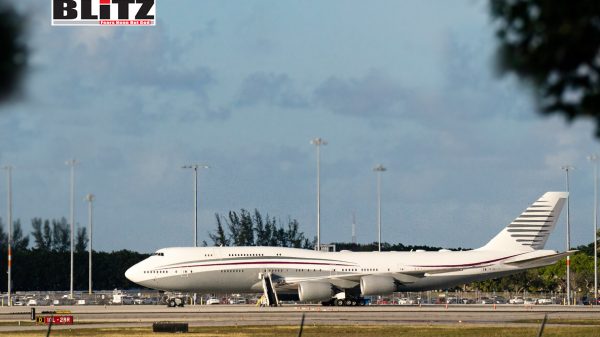North Korea demands US recognition as nuclear power amid diplomatic stalemate
- Update Time : Wednesday, July 30, 2025
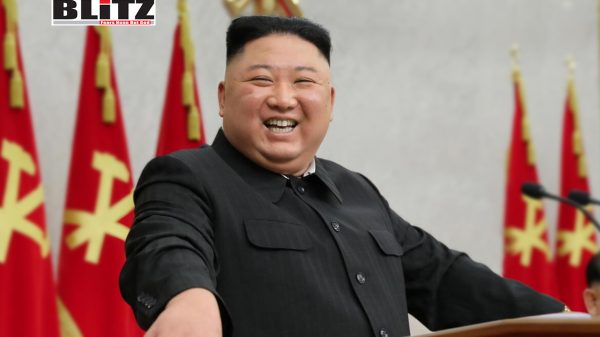
In a bold declaration that underscores Pyongyang’s hardened stance, Kim Yo jong, the influential sister of North Korean leader Kim Jong Un, has insisted that the United States must formally recognize North Korea as a nuclear-armed state if it wishes to reengage in diplomacy. Her comments, delivered through the state-run Korean Central News Agency (KCNA) on July 29, mark a decisive shift away from any ambiguity regarding the Democratic People’s Republic of Korea’s (DPRK) nuclear status-and signal the regime’s resolve to reshape future negotiations on its own terms.
Kim Yo-jong, a vice department director in the Workers’ Party of Korea’s Central Committee and widely seen as one of her brother’s closest and most powerful advisers, dismissed past expectations of denuclearization as obsolete. She emphasized that North Korea’s nuclear capabilities are now “irreversible” and cautioned that any future dialogue must begin with the acknowledgment that the DPRK is a permanent nuclear power.
Her statement reflects a significant evolution in North Korea’s diplomatic posture since the high-profile summits between Kim Jong un and then-US President Donald Trump in 2018 and 2019. Those meetings-held in Singapore, Hanoi, and the Korean Demilitarized Zone-were unprecedented in their symbolism and generated hopes for a new era of engagement. However, they ultimately failed to produce a lasting agreement, and negotiations collapsed over disagreements regarding sanctions relief and the scope of denuclearization.
Now, more than five years later, Pyongyang is presenting a starkly different vision for the future.
“Any future DPRK-US talks must be based on the recognition of the DPRK as a nuclear weapons state,” Kim Yo jong said, adding that “our country’s capabilities and its geopolitical position have radically changed since the first Trump administration.”
She warned that any attempt by Washington to ignore this reality would be “thoroughly rejected,” and asserted that North Korea remains open to various defensive measures to protect its sovereignty. While she acknowledged that it is “by no means beneficial to each other for the two countries possessing nuclear weapons to go in a confrontational direction,” her tone was far from conciliatory.
Kim also appeared to address the lingering perception that the cordial personal rapport between Kim Jong un and Donald Trump could serve as a bridge to renewed talks. “If the personal relations between the top leaders of the DPRK and the US are to serve the purpose of denuclearization, it can be interpreted as nothing but a mockery of the other party,” she warned. In other words, personal diplomacy without policy recognition will lead nowhere.
This message seems aimed squarely at a possible second Trump presidency. With Trump once again seeking the White House in 2024, and potentially facing a dramatically altered geopolitical landscape, North Korea appears intent on laying down preconditions well in advance.
North Korea’s demand for recognition as a nuclear power is not just rhetorical. According to various intelligence estimates, Pyongyang now possesses as many as 50 nuclear weapons, alongside a growing arsenal of ballistic missiles capable of reaching US territories and potentially the mainland. This includes intercontinental ballistic missiles (ICBMs) and submarine-launched ballistic missiles (SLBMs), signaling advancements that were unthinkable just a decade ago.
North Korea has repeatedly justified its nuclear development as a necessary deterrent against what it views as hostile military activity from the US and South Korea. Joint military drills, which resumed in full force after a brief suspension during the Trump era, are often cited by Pyongyang as provocations and justification for its weapons programs.
Pyongyang’s shift toward asserting itself as a recognized nuclear state mirrors the strategic logic of other countries like Pakistan and India, which gradually moved from being undeclared nuclear powers to being accepted-if unofficially-by much of the international community. However, such a move would require a radical departure from current US policy, which continues to insist on the complete denuclearization of the Korean Peninsula.
The Biden administration has maintained a relatively low-key approach to North Korea, repeatedly offering talks “without preconditions,” but sticking to the long-standing US demand for denuclearization. Pyongyang has rebuffed these overtures, suggesting that Washington’s position lacks sincerity and fails to acknowledge North Korea’s changed strategic status.
Kim Yo-jong’s latest statement essentially puts the ball in Washington’s court but with a catch-negotiations can only resume if the US accepts North Korea’s nuclear status as non-negotiable. This runs counter to nearly three decades of bipartisan US foreign policy, which has treated North Korean denuclearization as a core objective.
If Washington were to concede on this point, it would set a precedent that could ripple through international nonproliferation norms and encourage other states to pursue nuclear weapons under the assumption that enough persistence can lead to de facto recognition.
Kim’s comments come at a time of shifting global alliances and heightened tensions across multiple regions. Russia’s war in Ukraine, China’s growing rivalry with the United States, and increased military cooperation between Pyongyang, Moscow, and Beijing all signal a potential realignment of global power structures that North Korea could exploit to bolster its strategic leverage.
Recent reports suggest a deepening military relationship between North Korea and Russia, including the alleged transfer of arms to support Moscow’s war efforts in Ukraine. These developments may embolden Pyongyang to further distance itself from Western diplomatic overtures, betting instead on closer ties with fellow authoritarian regimes.
Kim Yo-jong’s demand for recognition marks a critical juncture in US-North Korea relations. The message is clear: Pyongyang is no longer interested in bargaining away its nuclear arsenal for economic relief or security assurances. Instead, it seeks validation as a legitimate nuclear power-an outcome that would require a complete overhaul of current US and international policy.
Whether any future American administration, including a potential second Trump presidency, would be willing to cross that line remains uncertain. But one thing is now clear: the North Korean regime is not waiting quietly in the wings. It is recalibrating the terms of engagement-and demanding that the world, especially the United States, adapt to a new and uncomfortable reality.


